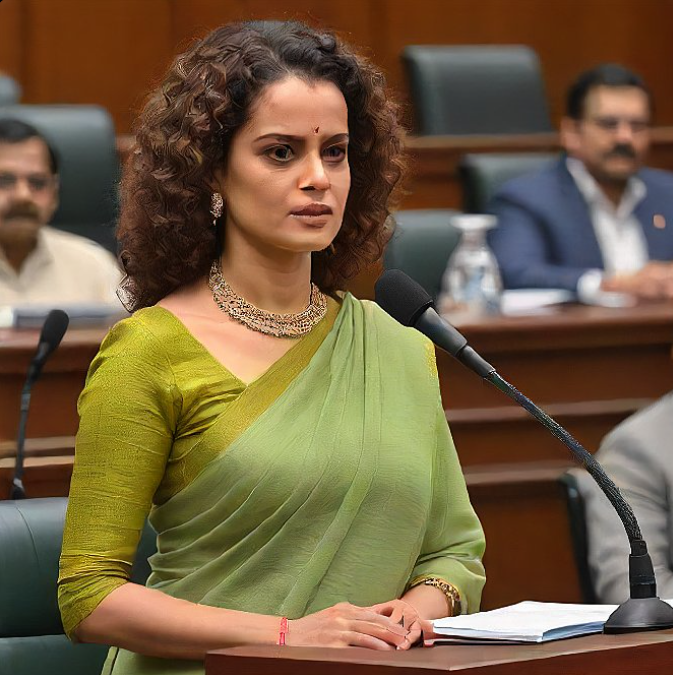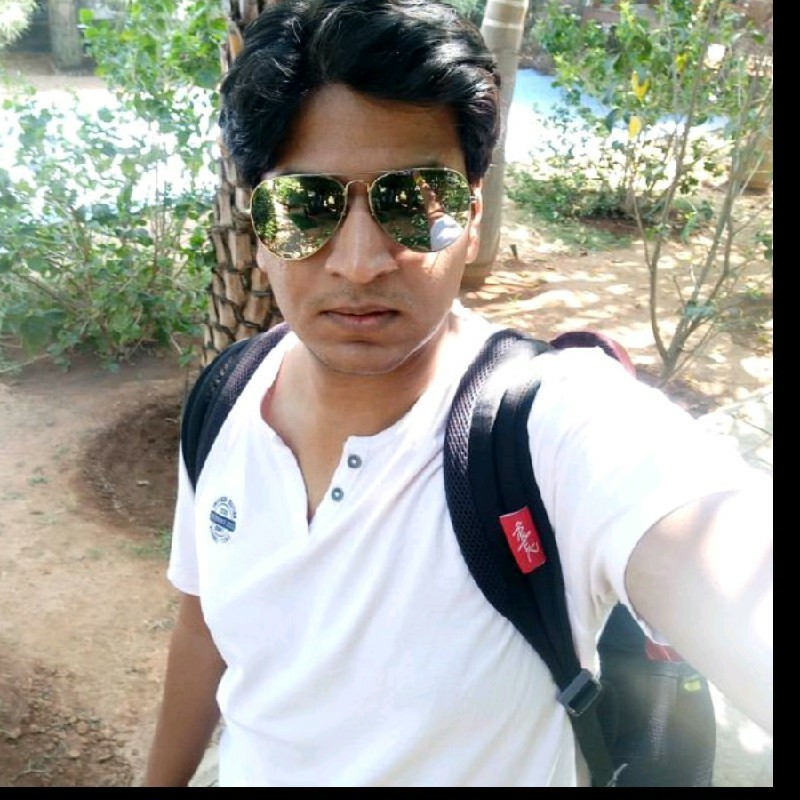
In a recent podcast with an influencer, Kangana Ranaut, now a member of the Indian Parliament, expressed great surprise and a little disillusionment at the ways in which our Parliamentarians across party lines argue with each other vehemently in the parliament, yet once the debate is over, everyone is very friendly with each other outside. Any one of us would have experienced the same if we were first time Members of the Parliament to see our MPs debating like they were baying for each other’s blood on the floor of the parliament, and then to come outside and be chummy as if nothing had happened. I once had heard a story about how Asaduddin Owaisi and Yogi Adityanath used to sit together in Parliament canteen for breakfast despite being fiery opponents of each other in the parliament(can’t verify this though).
It is not uncommon for people of different ideologies in Indian Parliament to be friends with each other, symbolizing how individuals from different political backgrounds can collaborate in a democratic setup. There are many such examples. One being the bonding between Former Prime Ministers Narsimha Rao and Atal Bihari Vajpayee, there was an incident when Vajpayee had severely criticised the then Finance Minister Manmohan Singh and latter had taken it to the heart. Narsimha Rao and Vajpayee had consoled Manmohan Singh not to do so as these kind of criticising discussions are part and parcel of a Parliamentarian’s life.
Also this bonhomie is not unique to India. There are many such examples. For instance, in the United States, bipartisan efforts are routinely seen in Congress, where Republicans and Democrats collaborate on issues like national security or other social issues (Ex: John Mccain & Ted Kennedy, Obama & Boehner). In the United Kingdom, “cross-party groups” are formed to address specific issues that transcend party politics, such as mental health and environmental concerns (David Amess & Rosie Cooper). Again giving more familiar Indian examples: Vajpayee & Sonia Gandhi, Rajiv Gandhi & Vajpayee, Narendra Modi & Pranab Mukherji, Narsimha Rao & Subramahnya Swamy and the list goes on.
These interactions underscore one of the strengths of democracy: the ability to bring together individuals with different ideologies to work toward common goals. While political parties may have uncompromising views on various issues, the democratic process has a strange way of encouraging dialogue, negotiation, and compromise. It allows for the coexistence of opposing perspectives without resorting to conflict, sustaining a more inclusive and resilient political system. This is also why we have a peaceful transition of power after every elections in democratic countries.
Democracy has its own strange ways of bringing diverse people together. Kangana Ranaut’s observation highlights this democratic spirit, where the personal rapport between politicians can lead to meaningful collaboration and mutual respect, even in a diverse and often polarized political environment. This aspect of democracy helps ensure that differing viewpoints are accommodated so that political rivalry does not turn into hateful enmity which would otherwise impede the good governance that every democratic country deserves.

Author of “The Fire Rises – Awaken The Patriotic Spirit of ‘Rang De Basanti’ To Transform Your Life And India”
Reticent Writer, Software Consultant, Literary Wallflower 🙂
A Digital Recluse